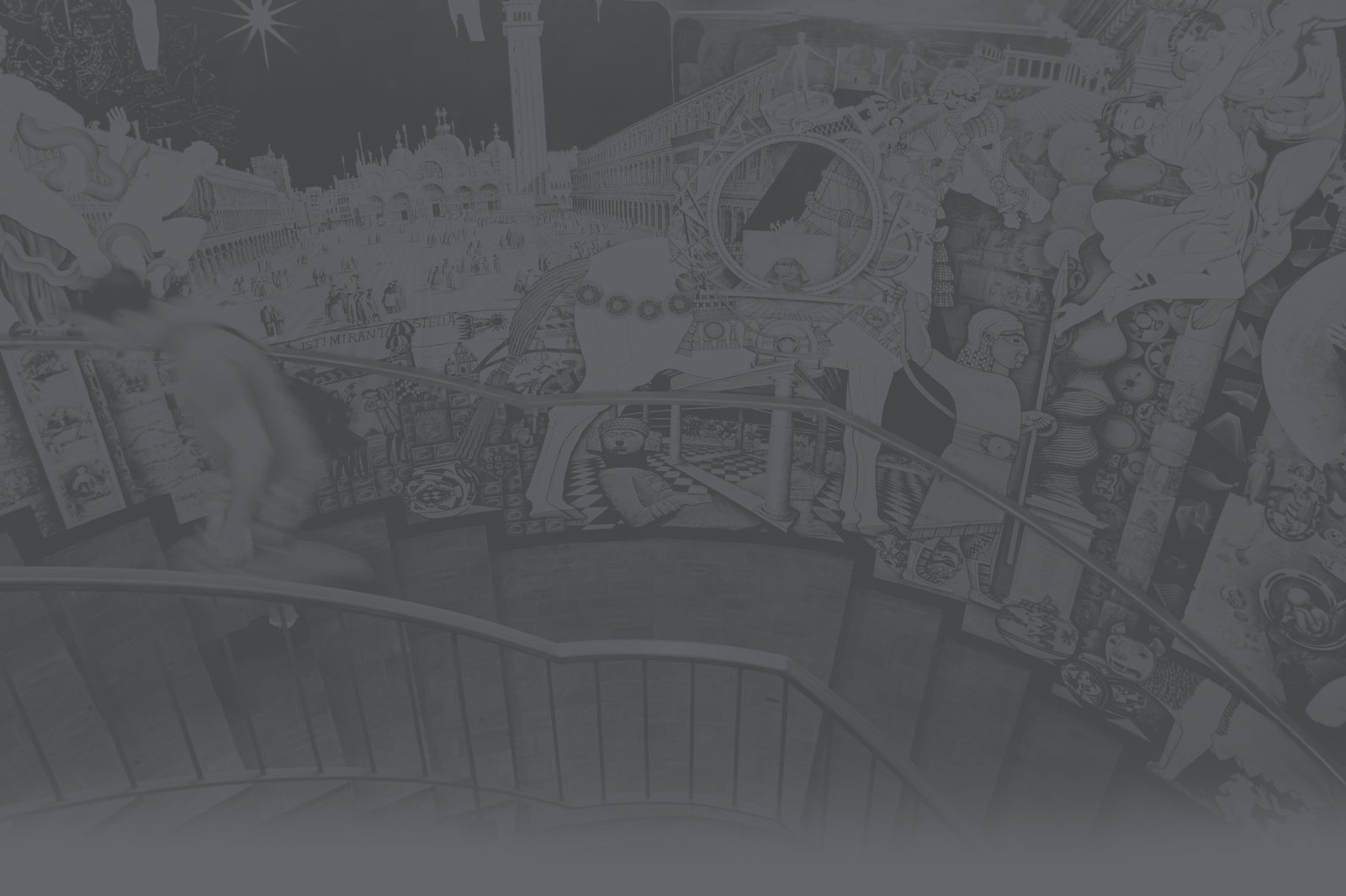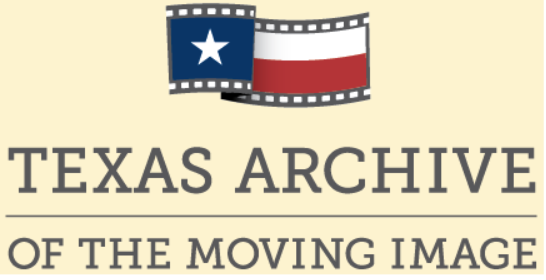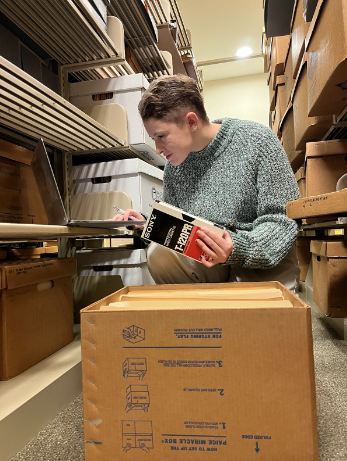
Chris Junginer checks to see that the information on the spreadsheet matched what was in the media boxes of the archives.
My name is Chris Junginger, and I am a junior majoring in Latin and Museum Studies. Over the fall semester, I interned in the University Archives as an obsolete media intern. Obsolete media formats are formats that are no longer widely used, which makes the information on them difficult to retrieve. Learning about the amount of information on media in the archives that cannot be easily accessed was staggering. There are reel-to-reel tapes, floppy disks, hundreds of VHS tapes, plus many other obscure formats. To me, it was like an insurmountable mountain with seemingly no end. I believe that information is only as good as its accessibility, and inaccessible information is no good. That’s where I came in.
Internship Process
For my internship, I worked mainly with VHS tapes. My job was to identify, research, and prepare tapes for digitization through the Texas Archive of the Moving Image (TAMI) Texas Film Roundup digitization service. The film roundup is a free digitization program that will digitize up to twenty tapes as long as they are related to Texas, which creates a fantastic opportunity for Texas archives and even the public to create a more complete archival record for all of Texas. The University Archives has used TAMI for three years with the hope that they can provide students and the public with a more complete record of Trinity’s past.
I focused primarily on the Flora Atherton/Cameron Lecture Series and the Distinguished Lecture Series to identify notable figures that presented at Trinity during the 1980s-2000s. From a spreadsheet, I first confirmed that the said lecture was located where it said it was and the number of copies that were included. From this task I noticed some lectures were mislabeled in the spreadsheet and I made the necessary corrections. Once everything was in order, I then researched the individuals to see what they were known for and to see if I could get an idea about what their presentation discussed. To learn more about the lecturer I did some basic internet research and then I used old Trinitonian issues and Mirage yearbooks to learn about the presentation on campus. From there I selected tapes that I thought would be either culturally or academically relevant today.
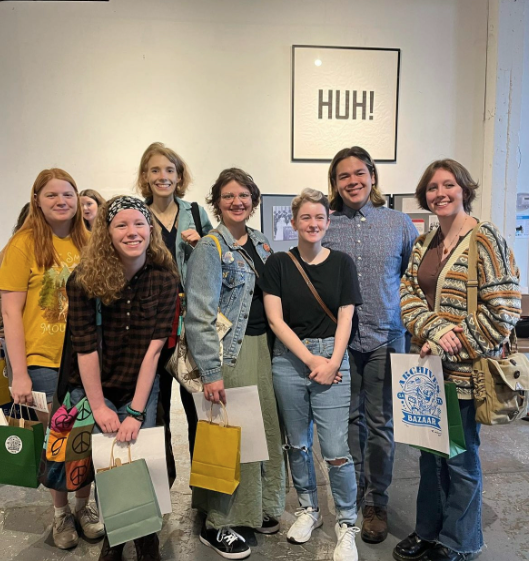 Archival Discovery
Archival Discovery
My proudest moment during my internship had to do with a specific tape in the Distinguished Lecture Series. While going through the initial database of all of our audiovisual media, I discovered a tape by Richard Leakey- the founder of Paleoanthropology. I told my friends in the Sociology and Anthropology department and to my delight, I found there was genuine student interest to view this tape, something that would be difficult without my work.
The amount of information on obsolete media that needs to be digitized and preserved may be staggering, but I have discovered a love for it. So much so, I intend on going to graduate school to continue my studies and, hopefully, to continue to contribute to the archival record for the benefit of everyone- student and public alike.
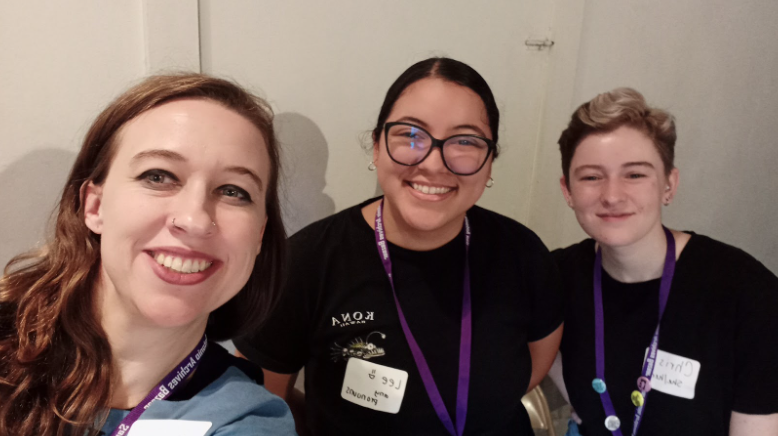
University Archivist Abra Schnur with students Lee Denney and Chris Junginger volunteering at the San Antonio Archives Bazaar.
